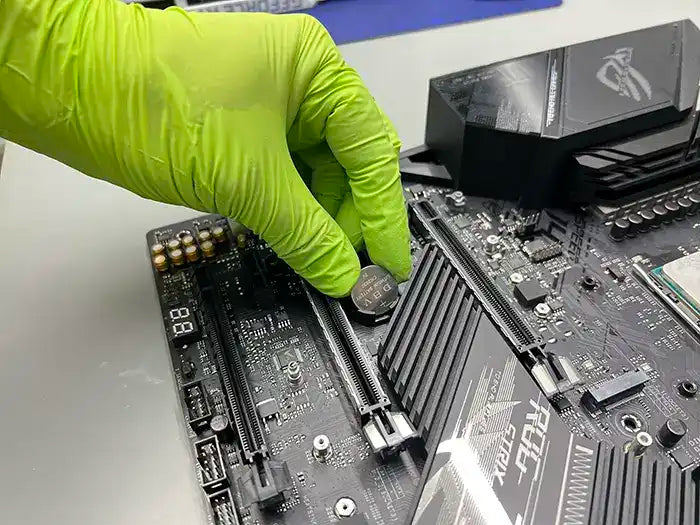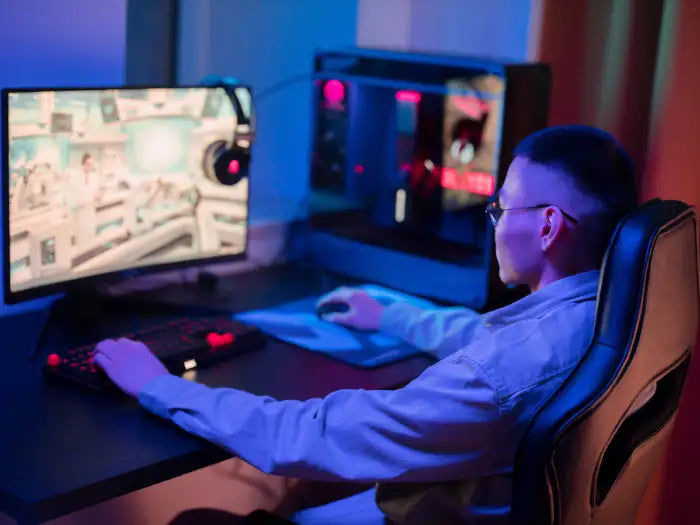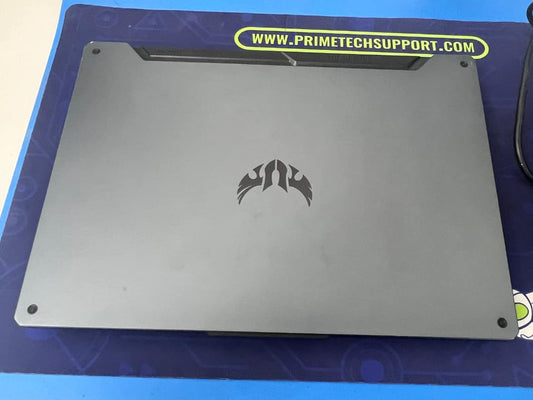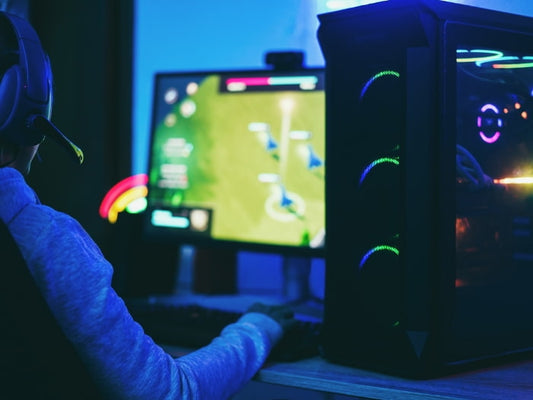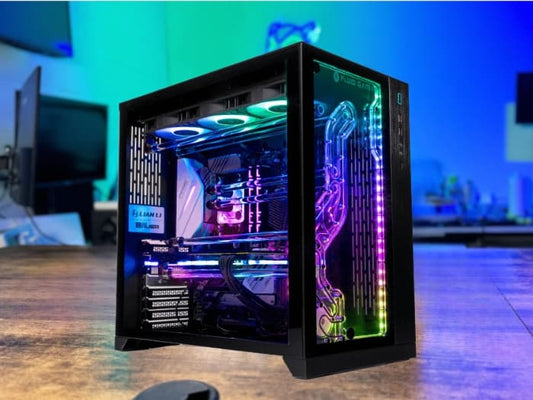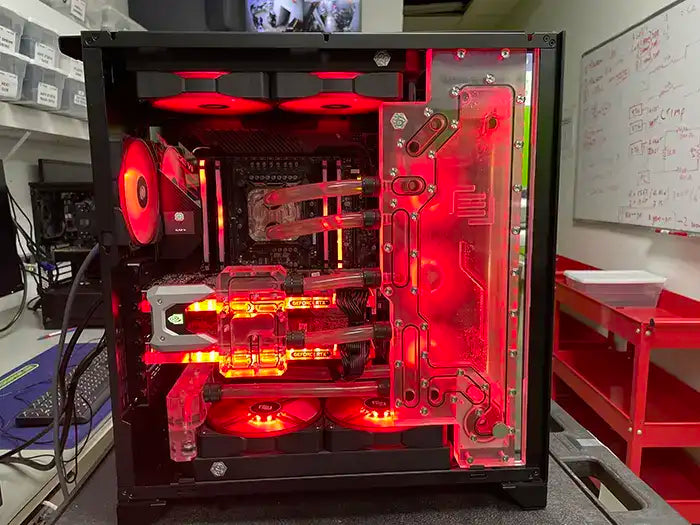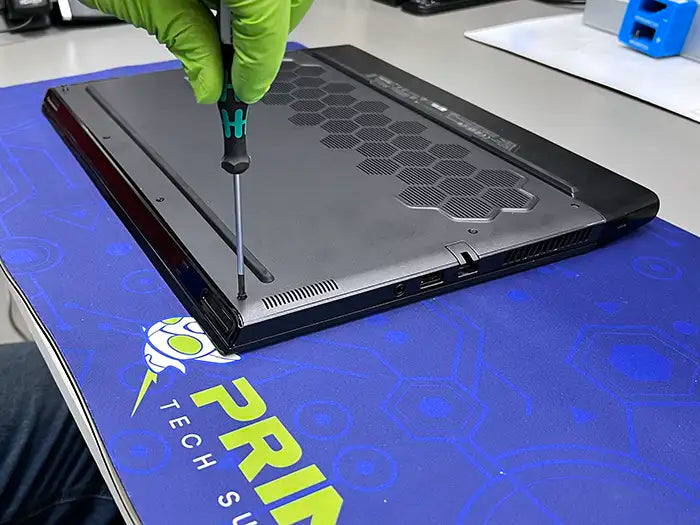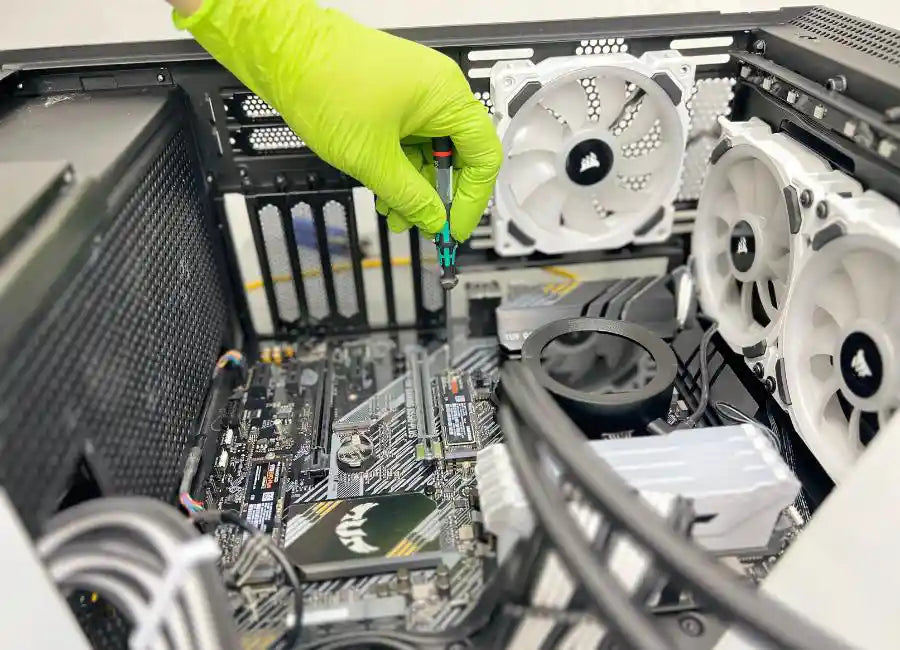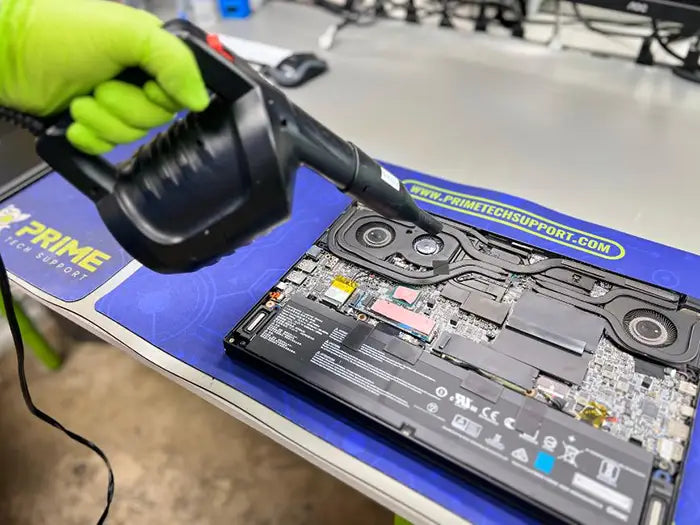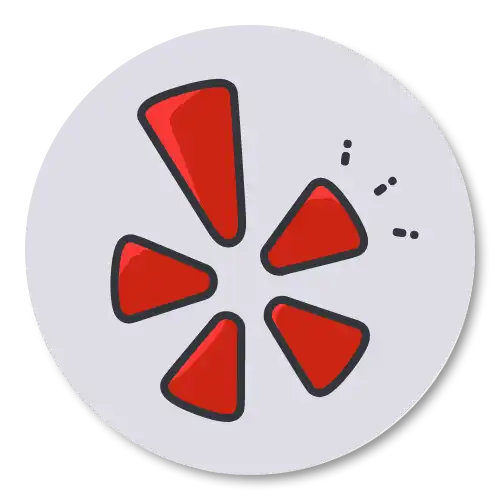Is Your Gaming Computer Not Starting? Here's What You Can Do

Are you having trouble getting your gaming computer to start up? Don't worry, it happens to the best of us.
There could be a number of potential causes for why your machine isn't booting, but luckily there are some simple troubleshooting steps that can help you identify and fix the issue.
In this article, we'll walk through common causes such as faulty power cables, resetting the BIOS settings, testing with a different monitor and/or graphics card, and other potential solutions.
By following these tips, you should have no problem pinpointing what's causing your computer not to start up so that you can get back into playing your favorite games in no time!
1. Check your power cables to ensure they are properly connected and functioning correctly
One of the first steps in troubleshooting a gaming computer that won't start is to check your power cables. This includes verifying that all necessary cables are plugged in correctly, such as the power cord from the wall socket, into the power supply, and back out to the motherboard. You'll also want to inspect for any physical damage or loose connections. If you find any issues, replace the cables and try booting up again.
2. Reset the BIOS settings on your machine
Resetting the BIOS settings on your machine can help with certain startup issues caused by corrupted data or setting changes that may have occurred over time. This process is simple and can be done without any particular technical skill.
The first step is to locate the BIOS jumper on your motherboard, which will typically be labeled "BIOS". You'll then need to move this jumper from the default position to the clear/reset position, then back to the default position again. This will effectively reset your BIOS settings and may help with any startup issues you're experiencing.
Once you've reset the BIOS settings, turn your machine off and on again to make sure everything is working correctly. If this doesn't work, then you may need to investigate further using other troubleshooting steps like testing with a different monitor or graphics card.
Have your Gaming PC checked by professionals3. Check the memory RAM
If the RAM has become loose or has been incorrectly installed, it can cause booting issues. Ensure that all memory is securely in place and reseat each module as necessary. You may also want to check if you have any additional memory modules that need to be installed and make sure they are properly seated as well. If these steps do not fix the problem, then you should consider other repair solutions. Try performing a hard reset on your system by unplugging all power sources from the machine for at least five minutes before plugging them back in and trying again. This can often resolve minor software issues and repair potential hardware issues.
It is important to remember that booting issues can have a multitude of causes. It is in your best interests to take action quickly if you suspect an issue with your machine to avoid bigger problems down the road. Consulting with a repair professional or performing simple repair steps can help get your computer back up and running in no time.
4. Test with a different monitor/graphics card
One of the best ways to determine if the issue lies with your monitor or graphics card is to test them with different components. This can be done by either connecting a new monitor or graphics card to see if they work or by swapping out existing components with ones that you know are in working order.
If you decide to connect a new monitor or graphics card, make sure to use the correct cables and ports on your machine. If you decide to swap out existing components, be sure to check each component individually before re-installing them in your machine.
If testing with different components solves the issue, you can purchase a new monitor or graphics card to replace the problematic one. However, if this doesn’t work, it is possible that your motherboard or CPU may have failed and will need to be replaced. Regardless of which solution you choose, always make sure to check all cables and ports to ensure that everything is connected properly.
5. Check the motherboard and CPU
The motherboard may be faulty or have become damaged due to a power surge. Similarly, the CPU may have developed some kind of fault or stopped working altogether. It is important to check both components as they are essential for booting your machine. Once you have identified any issues with either part, you can start looking for a repair option such as replacing the motherboard and/or CPU, depending on what is required. If the motherboard and CPU appear to be fine, then it is likely that another part of the machine might be causing problems, so further investigation would be necessary in order to find the root cause of the issue.
By conducting thorough checks and repairs where needed, you can ensure that your machine is up and running as soon as possible.
Troubleshooting tips for more complex issues that may require professional help
Having a gaming computer that won't start can be very frustrating, and it's important to understand how to properly troubleshoot the problem before seeking professional assistance. Prime Tech Support is here to help you with any more complex issues that may be beyond your current level of expertise. Prime Tech Support offers comprehensive services, including remote support, on-site diagnostics and repair, replacement parts, and software installation. Prime Tech Support can diagnose and repair any issue you have with your Gaming Computer System so it's running at its best.
If your gaming computer won't start, it's important to properly troubleshoot the issue before seeking professional help. Prime Tech Support is here to provide comprehensive services that include remote support, on-site diagnostics and repair, replacement parts, and software installation. With Prime Tech Support you can be sure that any complex issues with your computer system will be diagnosed and repaired quickly so that you're back up and running in no time! Whether you need help resetting BIOS settings or testing components for compatibility, Prime Tech Support has got you covered. Don't hesitate! - get the tech assistance you need today from Prime Tech Support!
Before seeking professional help, it is important to check the motherboard and CPU of your gaming computer. Check for signs of damage or malfunctioning components, such as loose connections, frayed wiring, and worn-out parts. If there are any visible problems you can identify, repair them, or replace the component if necessary. Testing individual hardware components is also a great way to determine what may be causing the issue. Prime Tech Support can assist you with this process by providing remote support as well as on-site diagnostics and repairs. Get in touch today to get started!
Having a gaming computer that won't start can be very frustrating, but with the right repair strategy, you can get your machine up and running again in no time. Make sure to check all the components of your machine and repair anything that may be causing issues. When in doubt, it is always better to seek professional help from Prime Tech Support. Prime Tech Support offers comprehensive services that include remote support, on-site diagnostics and repair, replacement parts, and software installation by experienced technicians who are more than capable of resolving any complex issue you may have. Contact us today for more information!
Hoping this helps you get your Gaming Computer System up and running again soon! Best wishes from Prime Tech Support!
Schedule a Gaming PC Repair now!SAME-DAY REPAIRS
Gaming PC Diagnostic
Fast tech support for Gaming Computers. We exceed customer expectations and ensure satisfaction.
